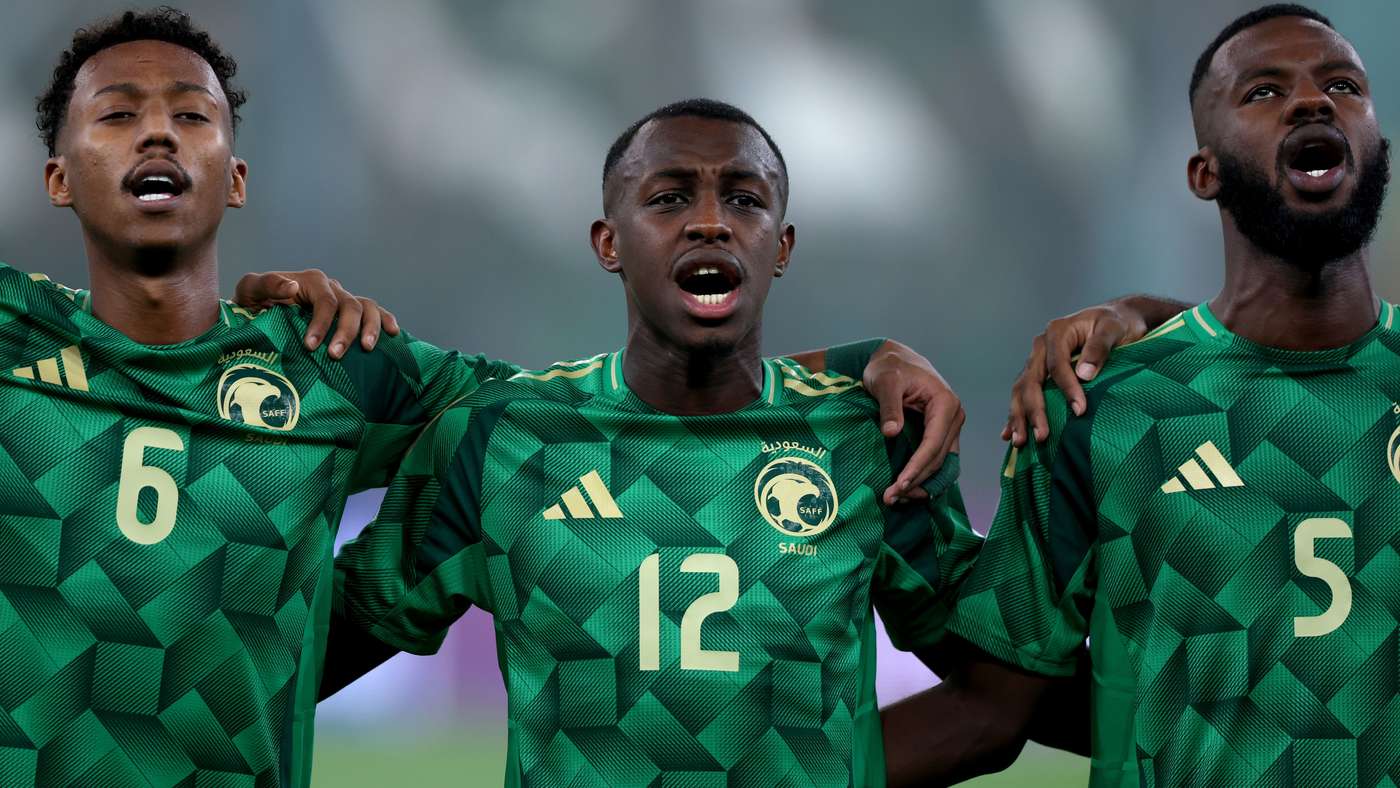Renard's Green Machine: Saudi Arabia Edge Ivory Coast as He Builds for Arab Cup
14 November 2025

Match reflections and the road ahead
Saudi Arabia, guided by Hervé Renard, believed the Green could have shown a higher level of play against Ivory Coast in the friendly in Jeddah, though they managed a 1-0 victory during the November window.
The win provided a precious result as the team prepares for a second farewell friendly against Algeria and for the Arab Cup 2025 in Qatar early next month.
Renard emphasized that all players showed clear commitment to both defensive duties and offensive duties, a sign of growing cohesion and resilience within the squad.
He also noted that there are technical aspects to refine, especially in ball control and attacking movements, and that the performance did not reach the ideal standard they aspire to, a point he plans to focus on in upcoming trainings.
Facing Ivory Coast, a side with substantial experience and among Africa’s strongest teams, underscored the need to raise focus, speed, and precision in every touch.
In the end, the match served as a meaningful test for both individuals and the collective, offering lessons to address ahead of forthcoming fixtures as the Arab Cup approaches.
November squad and what it signals for the future
The team’s composition highlighted a blend of reliable veterans and promising younger players, aiming to tighten balance across lines. Goalkeepers: Nawaf Al-Aqidi, Abdulrahman Al-Sanabi, Mohammed Al-Yami, Ragid Nagar. Defenders: Yasser Al-Shahrani, Hasan Kadsh, Jihad Dhakri, Abdulilah Al-Omari, Walid Al-Ahmad, Ali Majrashi, Saud Abdulhamid, Nawaf Bashil, Mohammed Suleiman. Midfielders: Nasser Al-Dosari, Murad Hosawi, Ziad Al-Jehani, Mohammed Kano, Abdullah Al-Kheibri, Musab Al-Juweir, Sultan Mandash. Forwards: Salem Al-Dosari, Abdullah Al-Hamdan, Saleh Abu Al-Shamat, Abdulrahman Al-Aboud, Marwan Al-Sahafi, Saleh Al-Shehri, Firas Al-Breikan.
Renard has helped the team regain a fighting identity and tighten the tactical framework after the earlier period under Roberto Mancini, where results and performances fluctuated. The current setup allows tighter midfield control and quicker transitions between defense and attack, renewing hope for both Arab and global competition.
Looking ahead, Saudi Arabia enters the Arab Cup with clear ambitions to use the event as a platform to test plans and players for the World Cup cycle, leveraging the varied opposition to build consistency and squad depth. The tournament will also test how the team handles pressure and whether younger players can step up on the world stage.
The Arab Cup is not just another tournament; it is a critical step in sharpening readiness, refining tactics, and assembling a balanced squad ready for the World Cup journey. It represents a golden opportunity to address individual and collective flaws and to fine-tune balance ahead of fixtures that will define the next phase of international football for the Green.
What to watch next
The November schedule and the Algeria friendly will be key indicators of how quickly the team can translate training into performance, with the Arab Cup acting as a bridge to Qatar and beyond.
Punchlines
When your defense is as solid as a brick wall and your attack is still finding its paint, you call that a work in progress – and Renard wears the hard hat with pride. If football were cooking, Renard just simmered a stew that could win a World Cup, but he forgot the salt; good news is there’s still time to season. In football as in life, the goal is progress, not perfection, and the Green are clearly in the right neighborhood.



